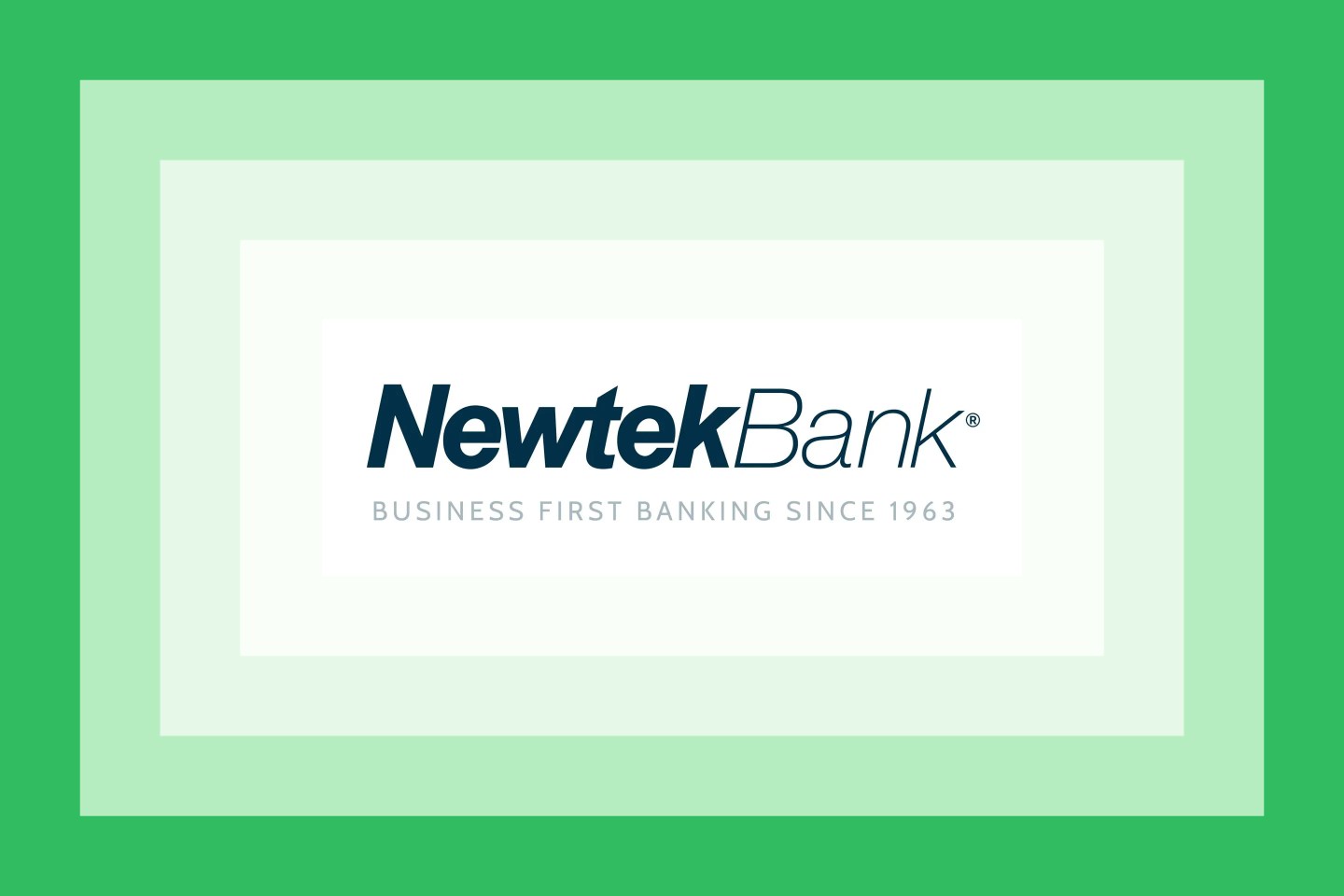Klarna went from Europe’s most valuable startup to a lesson in how fast fortunes can change—and now, the long-delayed IPO is finally happening. The Swedish company turned “buy now, pay later,” or BNPL into a global catchphrase and won the hearts of Gen Z along the way. Now it’s preparing to list shares at an estimated $14 billion valuation, but it’s been quite a ride to get there, including a 69% fall from the $45.6 billion perch it once enjoyed.
Back in 2021, the Swedish BNPL giant was soaring in subsequent fundraises, first becoming Europe’s startup champion and then coming only behind Stripe among fintechs globally. Still, a $14 billion IPO represents a redemption arc for a company that could’ve easily been another cautionary tale—its valuation plunged by as much as 85%, to $6.7 billion by 2022. Klarna has cleaned up its finances, diversified into ads and consumer features, and now looks more like a disciplined fintech platform than a free-spending rocket ship.
The company, backed by investors including Sequoia Capital and Silver Lake, filed for a U.S. Initial public offering that could come by year’s end. It would be among the largest listings of a European technology company in recent years. At its peak in 2021, Klarna was valued higher than some European banks. But rising interest rates, tighter regulation of BNPL services, and investor skepticism toward profitless growth led Klarna to slash operating costs, cut staff, and seek capital at progressively lower valuations.
In recent quarters, Klarna has reported progress. Losses have narrowed, and management has shifted its focus from expansion to measured growth and profitability. Analysts say its large merchant network and consumer adoption remain competitive advantages, though questions persist about the durability of its installment-payment model in a higher-rate environment. In its regulatory filing, Klarna said it was profitable for its first 14 years before expanding into the U.S. And other markets, and it hasn’t recorded an annual profit since 2018. “In 2023, our operating loss started to decline and we began generating positive transaction margin dollars in the United States,” the company said in its regulatory filing. So why did Klarna’s value collapse after its profits did—and why is it headed toward a seeming rebound on the public markets?
1) The end of low interest rates
Tech valuations in general have suffered since 2022, when the Federal Reserve hiked interest rates aggressively to combat rising inflation. Many frothy business models that depended on easy credit—BNPL foremost among them—suffered as capital became costlier. Broader macroeconomic volatility has weighed on many firms similar to Klarna, as geopolitical unrest and trade policy uncertainty have combined to put a cap on investment.
The S&P 500 has become extraordinarily concentrated, led at times by the “Magnificent Seven,” and lately the Magnificent Six without Tesla. Nvidia has shot to a remarkable $4 trillion-plus market cap and can move markets now by virtue of its tremors. At times, the S&P 500 is more like the S&P 10.
2) Consumer slowdown
The American consumer is the engine of the American economy, responsible for two-thirds of GDP most years. And yet something funny has happened in 2025, as the massive surge in data-center construction associated with the AI revolution has contributed more to GDP growth than consumers getting out and shopping. This isn’t to say that data-center construction is two-thirds of GDP, but that it’s growing faster than the average consumer, who is showing signs of fatigue amid a stagnant labor market and a rising inflation backdrop.
Apollo Global’s chief economist Torsten Slok has warned that inflation may resume its upward climb from the 2021 surge that kneecapped Klarna’s highest valuation, seeing a potential “inflation mountain” looming ahead. On the other hand, consumers who are strapped for cash may be turning more to BNPL services, as LendingTree found 14% of U.S. Adults who used the services to buy groceries in 2024 evolving into 25% the next year. Consumers may slow down, but rising inflation and even a recession could push them more into financing purchases with the help of BNPL services.
3) Regulatory scrutiny
Klarna came under scrutiny from the Consumer Financial Protection Bureau (CFPB) during the Biden Administration, which certainly favored stronger regulation than the CFPB under either Trump regime. Some Senators and state Attorneys General have urged the CFPB to take a stronger supervisory hand with BNPL firms, voicing concerns that vulnerable, low-income consumers were at risk of being targeted.
The industry has fought back, with a trade group that included Klarna suing the CFPB at one point over “impossible” disclosure rules. As of 2025, the CFPB has deprioritized federal enforcement in BNPL, indicating a shift toward fragmented oversight, with expectations for more state-led regulatory actions and frameworks.
Can the unicorn ride again?
Over the past two years, the company has rebuilt with a focus on cutting losses, expanding into adjacent businesses like advertising, and working toward profitability. The IPO is expected to test investor appetite for fintechs that once commanded dizzying valuations but now face more traditional public-market scrutiny on margins and earnings.
The listing, expected in New York later this year, will still mark one of the most significant European tech IPOs of the decade. Investors will be watching closely to see whether Klarna’s new chapter proves it can outgrow its BNPL roots — or whether once-hot fintechs will struggle to recapture their private-market shine.
For this story, Coins2Day used generative AI to help with an initial draft. An editor verified the accuracy of the information before publishing.













